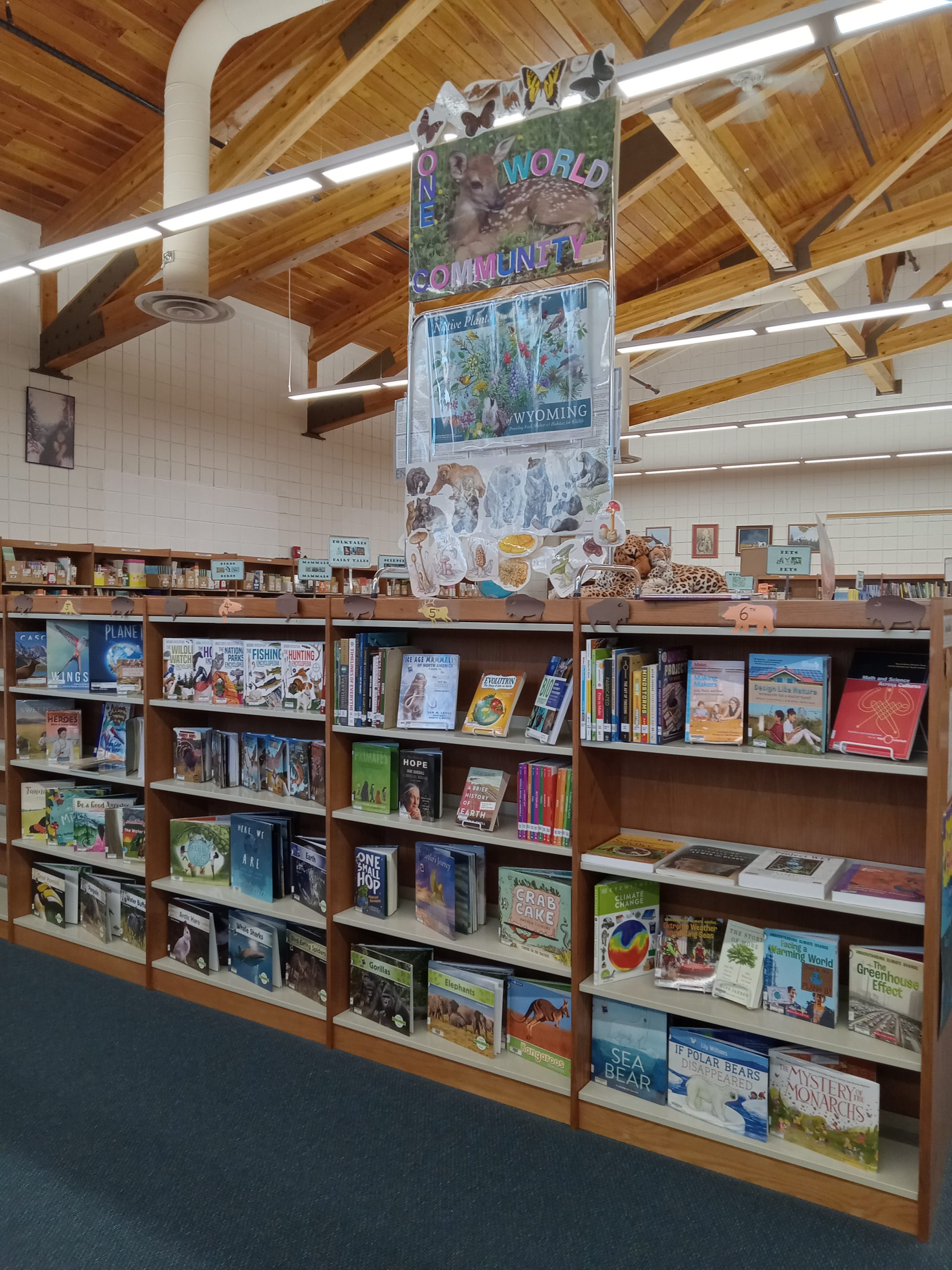Tag: Nebraska Impact
-
Serving Nebraska
The University of Nebraska State Museum is one of the nation’s top natural history museums and a gateway for many Nebraskans, from children to adults, to access University of Nebraska-Lincoln research and learn from educational programs. 7,500 students from 300 classrooms and 90 schools who accessed virtual learning opportunities 24,000 In-person visits from K-12 and UNL…
-
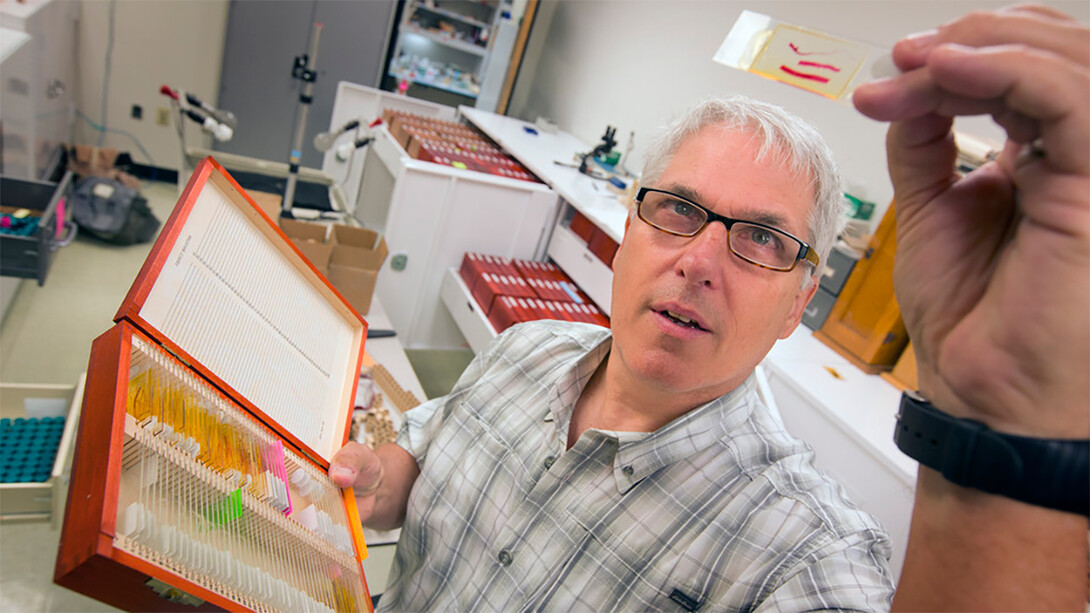
State Museum earns reaccreditation
The University of Nebraska State Museum was awarded reaccreditation by the American Alliance of Museums in recognition of its innovative programming and comprehensive exhibits that engage the public in research and discovery. The museum has been continuously reaccredited since the program began in the 1970s. Only 8% of the nation’s natural history museums are accredited.…
-
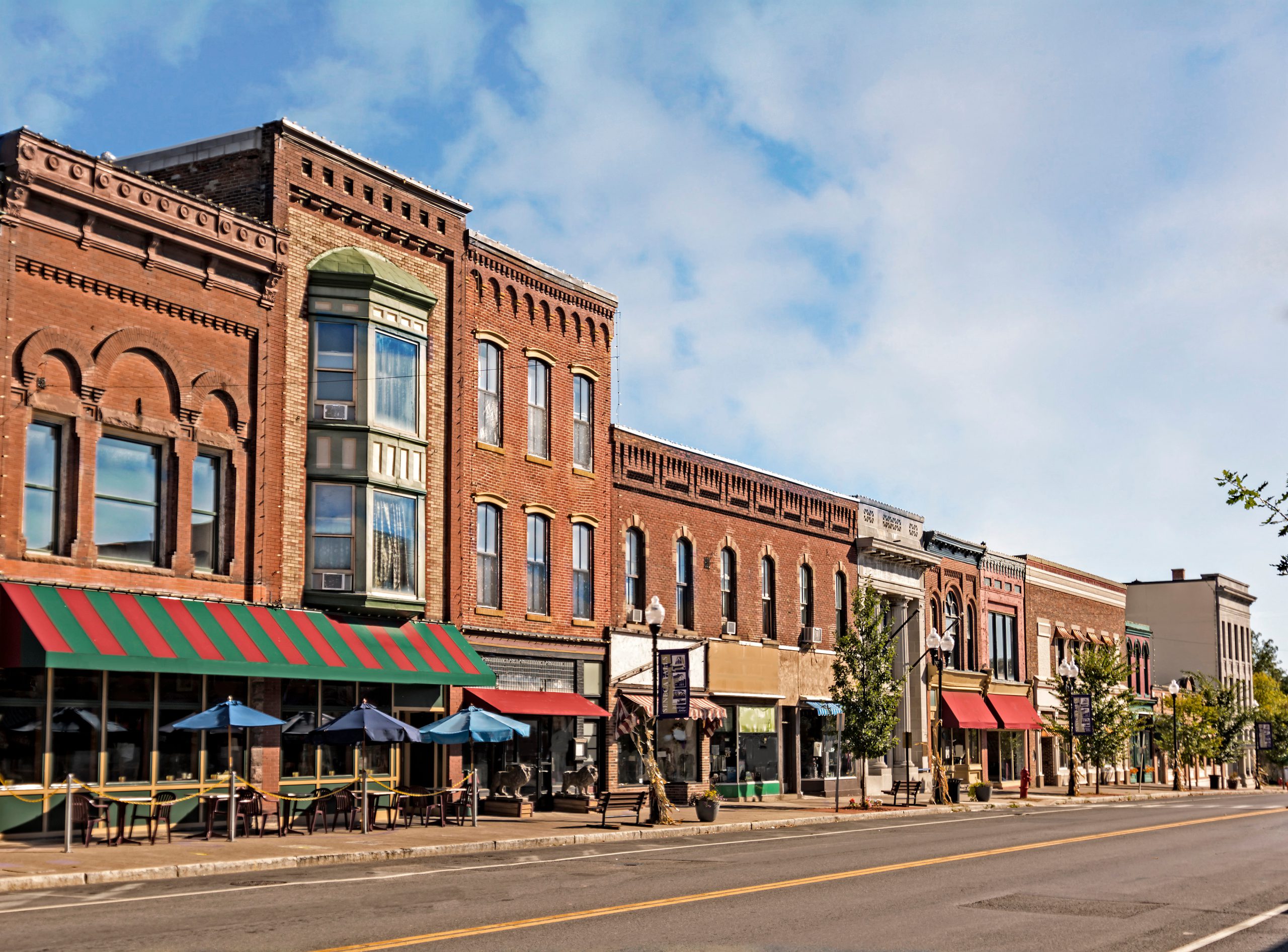
Unraveling drug use and misuse in rural areas
Describing initial research discoveries as “eye opening,” scientists in the Rural Drug Addiction Research Center are building upon a strong foundation to develop partnerships with communities across Nebraska to address drug use and misuse. RDAR, founded in 2019, earned a five-year, $11,597,682 Phase 2 renewal grant from the National Institutes of Health’s Centers of Biomedical…
-
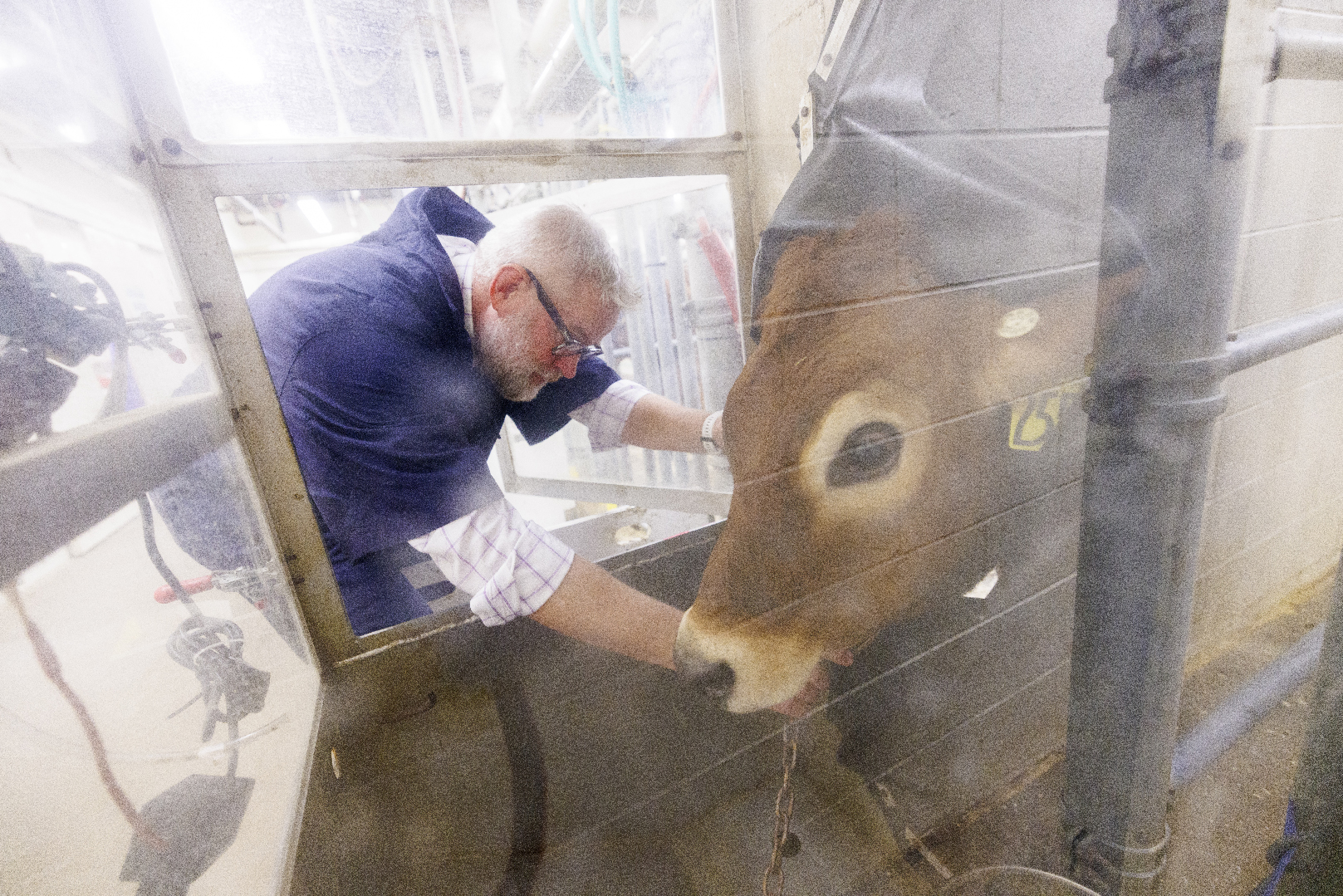
Lowering livestock’s methane emissions
When a cow belches, it releases methane, a potent greenhouse gas that contributes to climate change. One cow, no problem. But entire beef and dairy sectors add up. A Nebraska research team is studying ways to reduce methane emissions from livestock with the goal of developing tools and management practices for beef and dairy producers. …
-
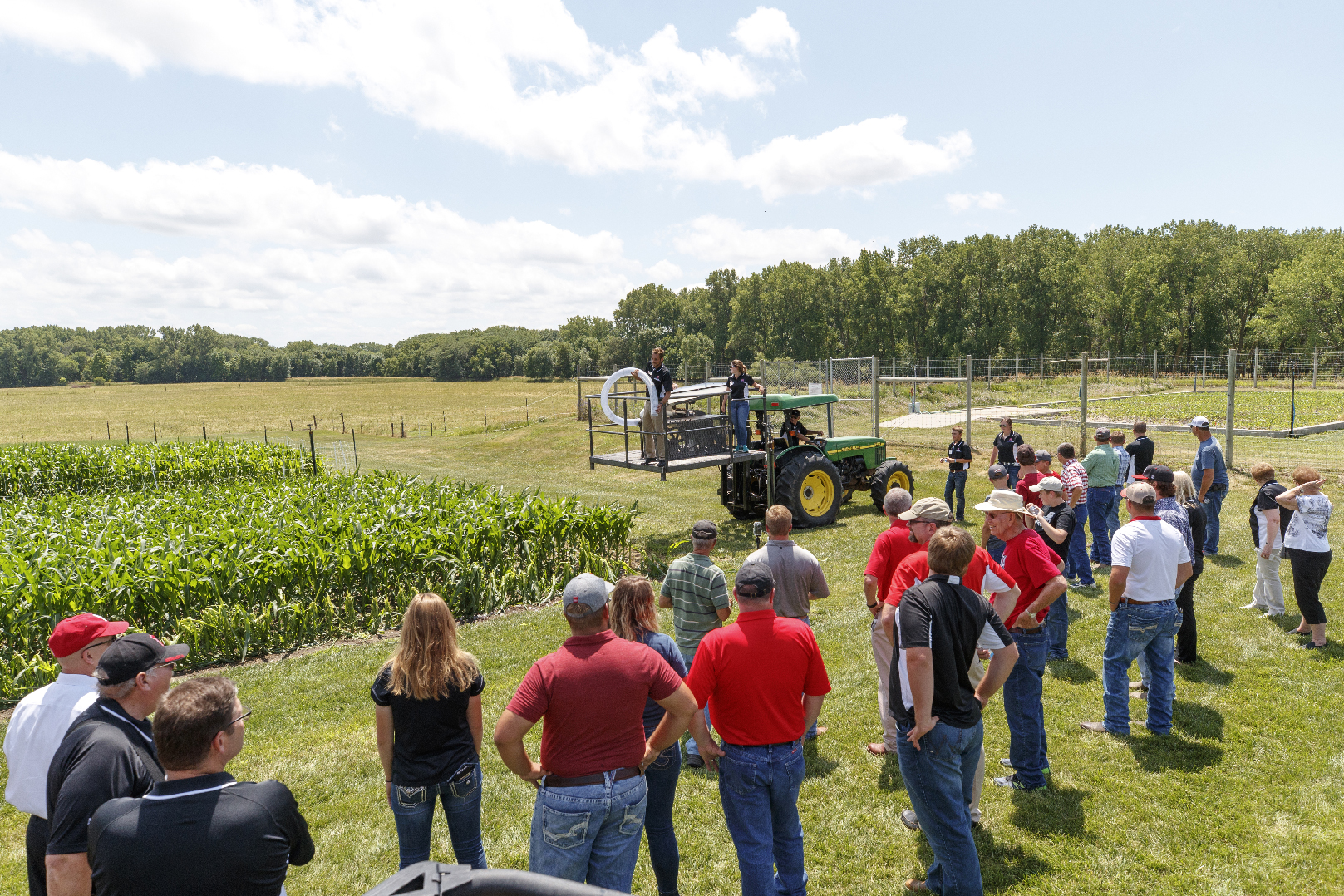
Nebraska holds Carnegie designation for engagement
In recognition of its wide-ranging outreach efforts across Nebraska, the university earned the Carnegie Foundation’s community engagement classification in 2024. Chancellor Rodney D. Bennett said, “The Carnegie Engaged Campus designation is a testament to the University of Nebraska-Lincoln’s ongoing commitment to advance communities across Nebraska. This designation is a significant milestone in our university’s 154-year…
-
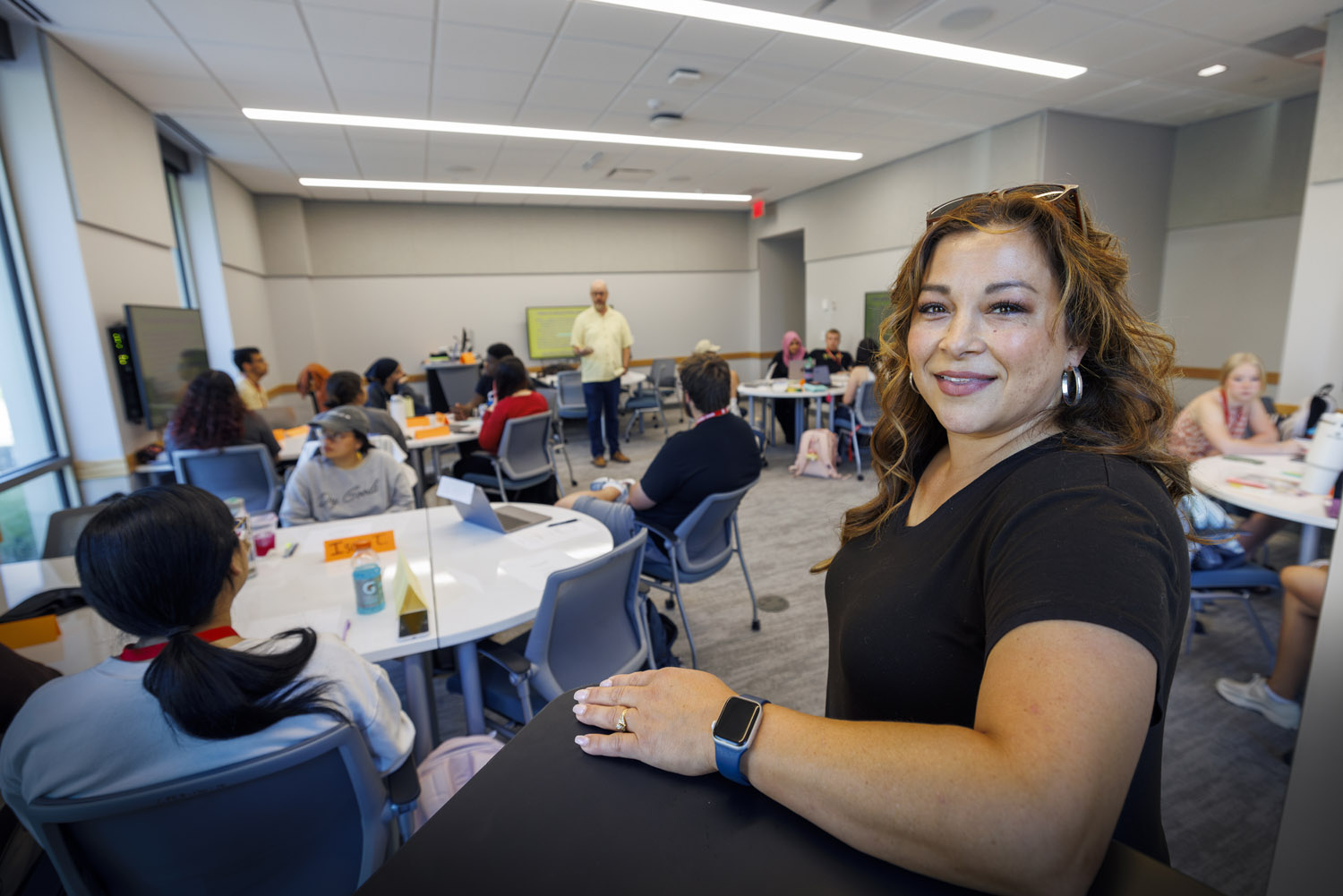
Supporting the next generation of teachers
Fewer students are choosing careers in education, or they become disenchanted before their careers are fully launched. Without them, schools face a growing shortage of schoolteachers, particularly in districts with increased ethno-racial and linguistic diversity. To bolster teacher ranks, Nebraska launched Project RAÍCES, a pilot program to help recruit, retain and diversify the next generation…
-
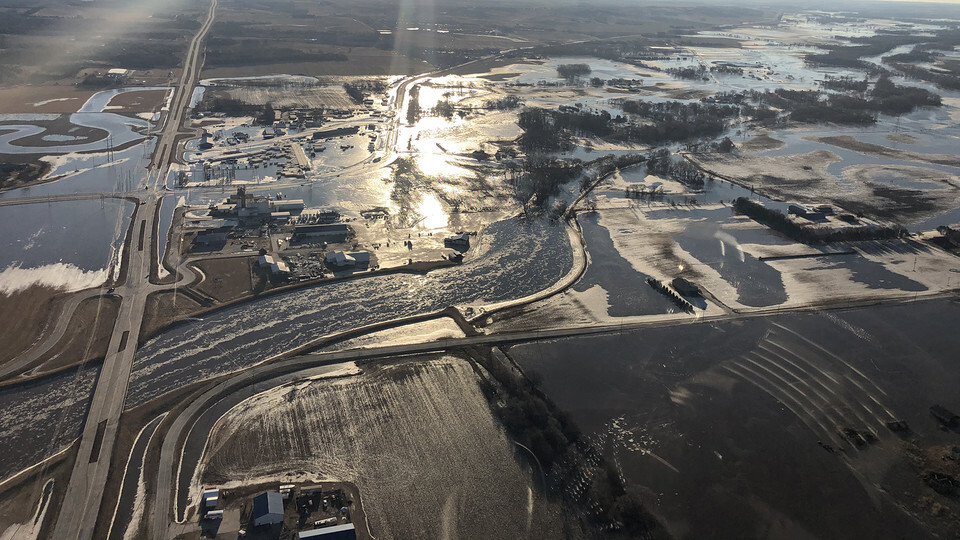
Fortifying communities for future weather threats
The 2019 flooding in Nebraska stands out for its ferocity, but it was part of a national two-decade trend of floods that are more widespread, longer lasting and more costly. Husker experts are working with communities and regional planners to develop long-term mitigation plans that will better position the state for future severe weather. The…
-
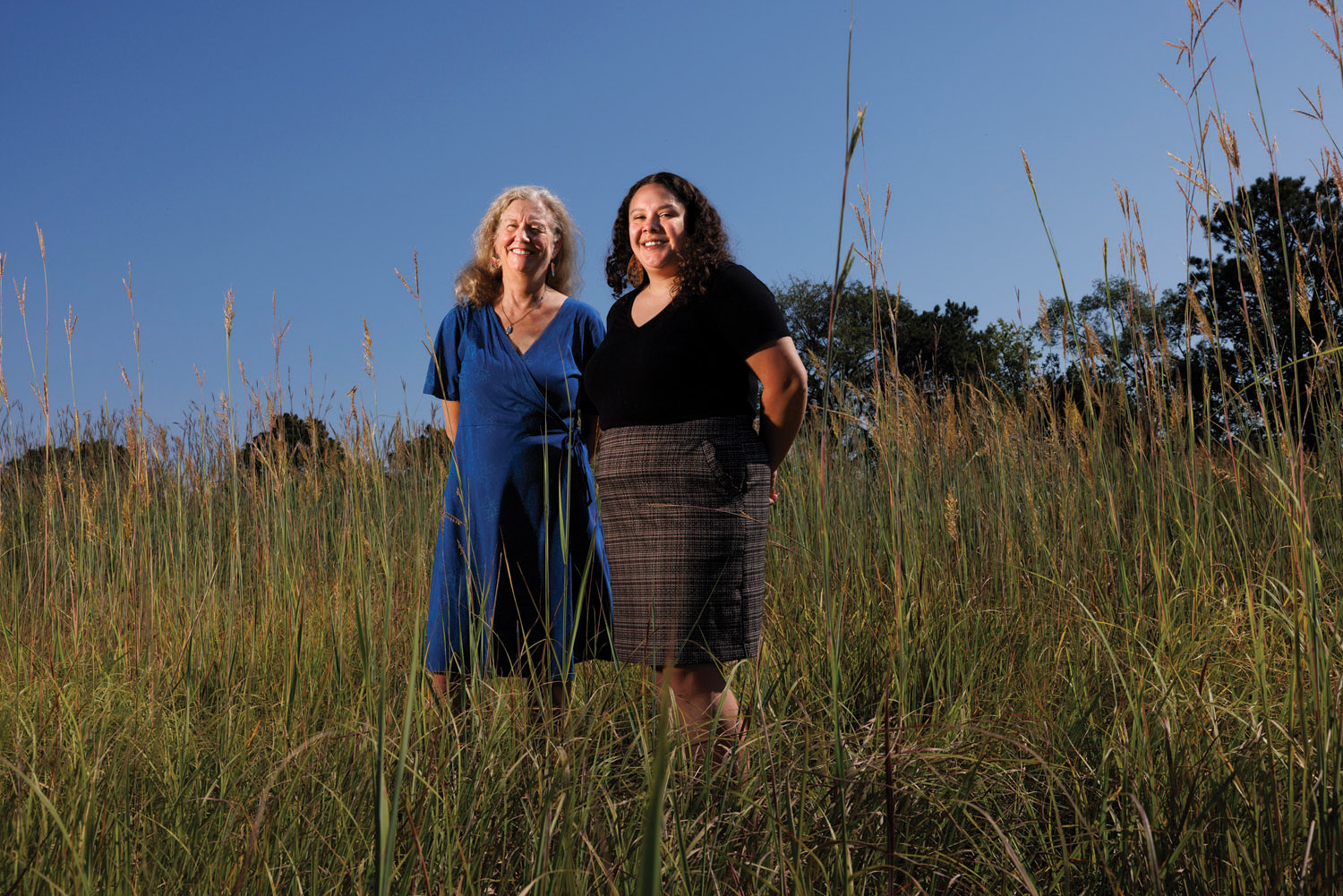
Uniting around a shared history
Nearly 150 years ago, the Otoe-Missouria Tribe was forced to relocate from southeast Nebraska to Oklahoma. Today, Nebraskans are welcoming back the tribal nation. Margaret Jacobs, director of Nebraska’s Center for Great Plains Studies, and Christina Faw Faw Goodson, an Otoe-Missouria educator, historian and cultural linguist, co-lead a multifaceted project aiming to reconnect Otoe-Missourians with…
-
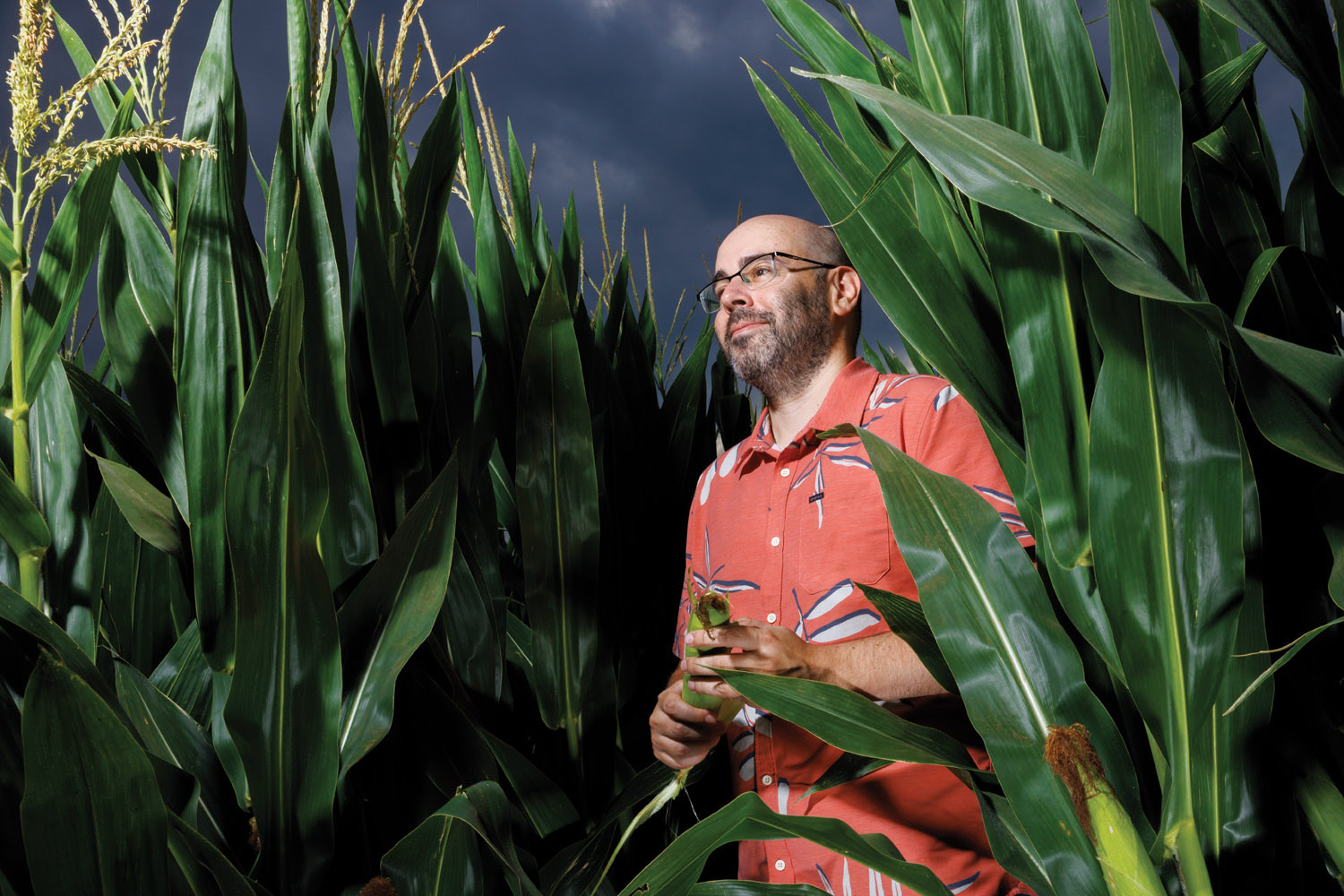
Mapping the complete corn genome
James Schnable Surprising fact: There are more genes in a corn plant than in a human being. Corn’s entire set of genes — its genome — is also extremely complex, making it more challenging to decode as well. Nebraska agronomist James Schnable helped create the first complete map of the corn genome, a landmark achievement…
